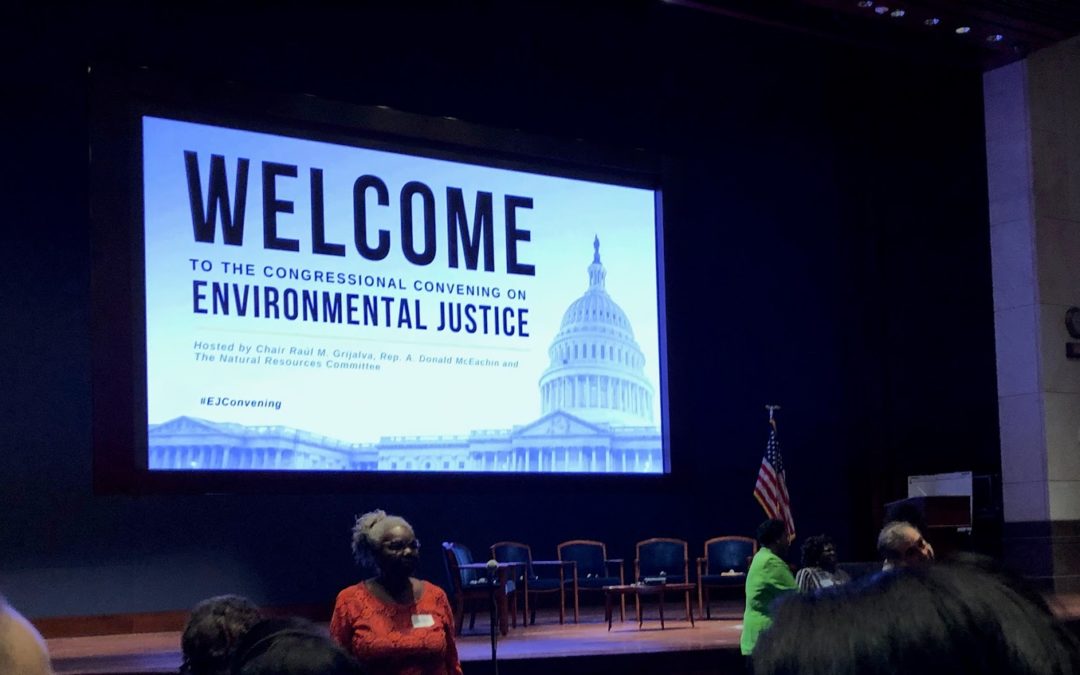My first day as a Karel Fellow at Spitfire Strategies I got lunch with Aaron, my “buddy” for the summer who is also a former Karel Fellow. Among the many pieces of advice he gave me was to “be brave.” It may be easier said than done, but it’s something that I’ve often thought about this summer. Living in a new city and working in the completely unfamiliar field of public interest communications definitely took some bravery, but, I couldn’t be happier to be here.
Our first few days were spent at a communications boot camp hosted by Burness, which made me feel both prepared for and all the more intimidated by the work ahead. From not knowing what a press list was to making one in my first week, to then making calls to reporters the week after that, there have been no shortage of calls for bravery.
Storytelling has been stressed as a central part of the field of public interest communications both at work and in the bootcamp. Telling your story takes bravery and a good deal of trust. Working in public interest communications means that you have to work hard every day to honor the stories of people whose voices need to be heard the most but are too often left out of the conversation.
Although my work this summer has mostly revolved around helping individuals and organizations tell their stories, it has made me reflect on my own story as well. As a first-generation, low-income student at an Ivy League school, I’ve experienced my fair share of imposter syndrome and have questioned to what degree I fit in in certain spaces. As a Karel Fellow, I’ve thought a lot about how my story and identity has changed since being at Yale, and how my past experiences can coexist in the privileged spaces that I now inhabit.
This question also seems to be on the minds of communicators. While at Spitfire I’ve had the pleasure to work with Piper Kerman, author of Orange is the New Black: My Year in a Women’s Prison. Our job is to help her use her platform to elevate the voices and struggles of the thousands of women and girls in the criminal justice system who are too often voiceless. Piper uses her own unique experience in the criminal justice system not to take up space, but to make room for the voices of women who are much less privileged and have much harsher experiences in prison.
From criminal justice reform, to combating disinformation about the census, to brainstorming events to promote sustainable food, every day at Spitfire has brought something new. In my third week as a Karel Fellow I was lucky enough to attend the Congressional Convening on Environmental Justice, which was an inspirational gathering of environmental justice activists, scholars and communications professionals. (This was another moment of bravery. I definitely felt a little out of my league.) During one of the panels Richard Moore, the national co-coordinator of the Environmental Justice Health Alliance and director of Los Jardines Institute, talked about how in order for the movement to continue to grow and accomplish its goals, the resources and voice needs to be given back to “the people we’re using the statistics about.” The activists who are on the ground fighting for environmental justice are without a doubt incredibly brave, and it’s the job of communications professionals to honor and empower that bravery. This commitment to empowerment has been one of the most inspirational parts of the summer, and I can’t wait to see what the final weeks will bring!

